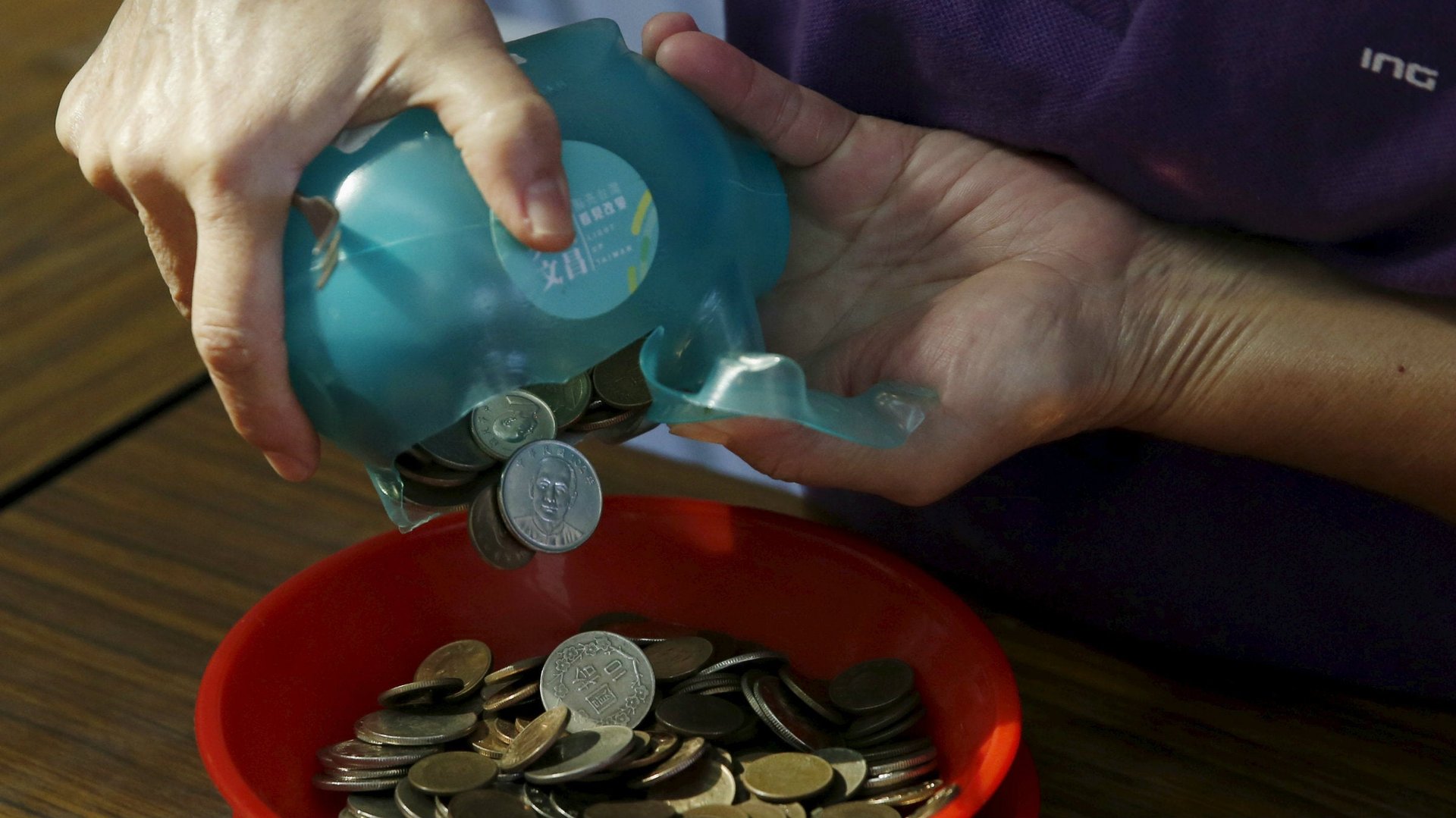Is it ever okay to take money out of a retirement account early?
Years ago, I tutored homeless women about how to manage their money. I may be an expert in optimal saving theory, but it was quickly apparent I did not have much to offer the women. Living in poverty, especially if you’re homeless, requires financial skills they don’t teach economists.


Years ago, I tutored homeless women about how to manage their money. I may be an expert in optimal saving theory, but it was quickly apparent I did not have much to offer the women. Living in poverty, especially if you’re homeless, requires financial skills they don’t teach economists.
One day, several women mentioned they had a 401(k) from their last job. They were thrilled to learn that the money was probably still theirs; some thought they had lost it with their job. I gently suggested they consider withdrawing the money, using it to rent an apartment and generally get back on their feet. They were skeptical. One said, “I’d rather leave it there, in case I need the money one day.”
One of the biggest sins in personal finance is taking money out of your pension account before you retire. And yet, between 25% and 35% Americans do just that.
Policymakers have made it easy to save for retirement. If you are eligible to participate in a pension account, you are probably automatically enrolled and invested. After you are enrolled, savings are deducted directly from your paycheck. But saving for emergencies falls to you, and requires discipline and planning. A large share of Americans’ financial assets are locked up in retirement accounts, among people who have one.
For most people, this makes a lot of their savings inaccessible without paying a penalty. Still, it sometimes make sense to take the money out regardless.
If it is the only way to avoid default
Sometimes, taking money out of your retirement account before retiring the least-worst option. If you face defaulting on your credit card, mortgage, or student loan it is better to take money out of your pension account to pay the debt. Defaulting on debt destroys your credit, making it more expensive to get credit in the future. The higher interest rates and other costs associated with bad credit may outweigh the costs associated with a 10% savings withdrawal penalty.
That assumes you can pay off your debt with the money taken from the retirement account. Your pension account is protected from bankruptcy. If it comes down to raiding your 401(k) to pay off some debt and then filing for bankruptcy anyway, you may as well keep the money in your pension account.
If you are buying a house or going back to school
It might be tempting to tap your pension account to buy a house. If you are a first-time home buyer, you can use money in an IRA and avoid the penalty. It all depends on your overall financial picture. If you have a large share of sizable savings in a pension account, diversifying your assets via homeownership may not be a terrible idea—assuming you can avoid or reduce the withdrawal penalty. But if you already have a house and other forms of saving, it is better to keep retirement money for retirement.
You can also take money out of an IRA, without a penalty, to pay for educational expenses like tuition fees and books. If you expect the degree will increase your lifetime earnings, and want to avoid debt, it can be worthwhile gamble. Education is no guarantee of a future income boost, but it does typically offer a higher and less risky return than the stock market.
If you must, find ways to avoid penalties
If you are in bad shape financially, there are other options. You can take a loan out against your 401(k) for up to $50,000, or half the value of your account, whichever is smaller. This involves taking money out and paying it back, to yourself, plus interest. You lose out on some asset returns, but it is a much better alternative than paying a penalty. But you must be prepared to pay back the loan, otherwise you face penalties anyway. Your employer administers to the loan and you typically have five years to pay it off, or 15 if the loan is to make a down payment on a home. But if you leave your job, you must pay the loan off within 60 to 90 days.
There are also hardship withdrawals on offer in some 401(k) plans, depending on your employer. If you are in financial dire straights because of medical or funeral expenses, you may be able to apply for a penalty-free withdrawal.
Why this is usually a bad idea
In a perfect world, you never touch retirement savings until you retire. Taking it out before then not only reduces your savings, it robs you of years of compound interest. If you are 35 today, taking $10,000 out of a retirement account would leave you short $68,000 when you retire, assuming a 6% average annual return.
Then there are the fees. If you are saving in a tax deferred account, like an IRA or 401(k)-type plan, and are under age 59.5, you have to pay tax on what you take out and a 10% penalty. Taking money out of your account is like locking in a 10% market drop—forever. It is made even worse by the fact that people tend to draw down their accounts when there is a recession and the stock market is reeling, effectively locking in even worse returns. But sometimes it’s justified.